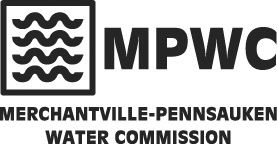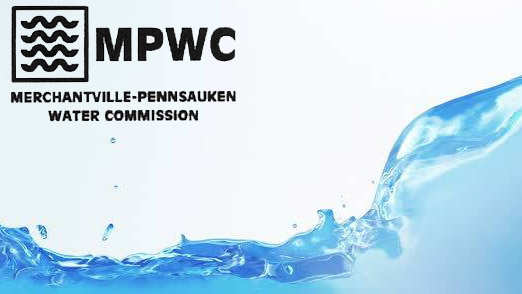 MPWC Water Quality Standards
MPWC Water Quality Standards
By, Richard Spafford, PE, Director of Engineering, Merchantville-Pennsauken Water Commission
The town of Flint, Michigan is still reeling from the contamination of its water supply. By switching water supplies and introducing a more corrosive water into their distribution system, the utility exposed thousands of residents to water with high levels of lead. The city’s residents put a lot of faith and trust in their water supplier to provide them with safe drinking water each and every day. The utility not only needs to permanently fix the problem, but regain the trust of its customers.
YouTube Video published by AJ+ on January 8, 2016
There are many reasons why this catastrophe would not happen at the Merchantville-Pennsauken Water Commission (MPWC). The safeguards that the MPWC has in place to prevent this from occurring are continually monitored by our dedicated team of professionals, all of whom live right here in the community with our customers. In addition, our Commissioners are all from Merchantville or Pennsauken; and along with our employees and their families, all drink the same water that you do.
Unlike larger private utilities, the MPWC uses groundwater for all of its supply. Groundwater is naturally filtered by the earth. Groundwater quality typically does not suffer the changes that surface water does. It is a supply of water that stays at the same temperature and quality all year long. Surface water quality can change day to day. Rain events, temperature changes, or even wind can change the quality of water and how it must be treated. Flint, Michigan not only uses surface water, but they also changed their source of supply of surface water. This sudden change in the quality of water upset the entire balance of their distribution system.
The MPWC adjusts the pH of its water so that it is non-corrosive. By making natural groundwater non-corrosive, elements and minerals are not introduced into the drinking water by any type of pipe. If water is corrosive and passes through lead pipes, the lead leaches into the water supply. The MPWC made it a practice many years ago to remove and replace any lead services it identifies. As we continue with our proactive main replacement program, all water services are replaced with copper water lines. Dead end water mains are tied in to other mains to keep the age of water in the system to a minimum. The distribution system is also flushed twice a year to maximize the system operating conditions.
Each of the five treatment plants that the MPWC operates uses a NJDEP-approved corrosion inhibitor as a last step before the water enters the distribution system. The corrosion inhibitor that we currently use is a NSF 60 certified poly-orthophosphate. This additive lays down a microscopic coating on the inside of all water lines, which prevents the drinking water from coming in contact with the pipe transporting the water. If the water cannot touch the inside of the pipe, that pipe cannot impact the water in any way.
The MPWC uses state-of-the-art technology to monitor the water system 24 hours a day. Depending on the parameter, water quality is monitored continuously, daily, or at a NJDEP approved frequency for necessary laboratory samples. We have and will continue to meet all state and federal drinking water standards. A plant operator monitors the treatment plants, system pressure, and water quality data at all times. In addition to the plant operators, MPWC’s professional water quality technicians have access to each of the water treatment plants and the water quality data via their phone or computer. There is never a time that we do not know exactly what is going on at the treatment plants.
In summary, the MPWC operates a groundwater system with water quality that stays relatively consistent all year round. There are no sudden changes in water quality like large surface water systems experience. Our professionals continuously monitor the water quality and water system. We treat the water so that it is not corrosive and the distribution system will not impact the water you drink. For many years, we have actively removed any lead and galvanized service lines of which we were aware of in order to improve the quality of the system.
Remember, we are not just employees. We – and our families – are also customers. You do not become the American Water Works Association’s recognized “best tasting water in New Jersey” by accident, while operating at a fraction of the cost of the private water suppliers in New Jersey.
For any concerns regarding water quality or for more information, please visit our web site at www.mpwc.com or contact our Customer Support Center at (856) 663-0043.
Click here for the MPWC Water Quality Report (CCR) for 2015.
